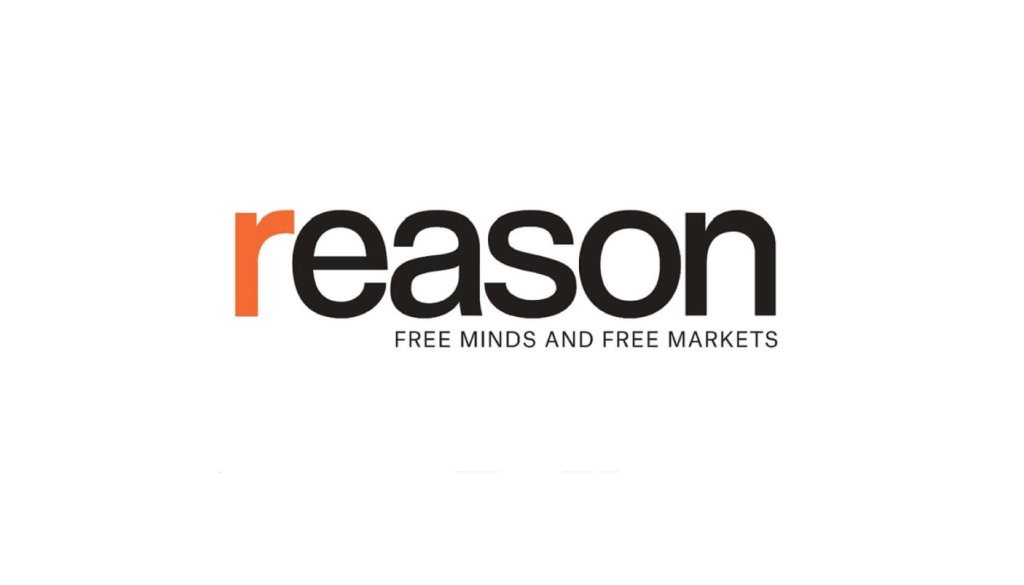The Intelligence Community’s AI Revolution
The relentless march of artificial intelligence (AI) is not confined to Studio Ghibli memes and automated email responses. It is rapidly becoming a central pillar of national security strategy.
Within the labyrinthine corridors of the U.S. Intelligence Community (I.C.), which includes the military, CIA, and the Department of Homeland Security (DHS), among other organizations, an AI transformation is underway. It’s driven by the promise of AI to collect previously indecipherable data, uncover hidden connections, and anticipate threats with unprecedented speed and scale. Yet, as the I.C. races toward an AI-infused future, profound questions about governance, ethics, privacy, and due process loom large. The journey toward AI adoption within the intelligence world is not merely a technological upgrade; it is a fundamental reshaping of how the state collects and acts upon information, with consequences only beginning to come into focus.
The path to integrating AI into the I.C. has been shaped by shifting politics and evolving technology. President Donald Trump’s first administration issued an Artificial Intelligence Ethics Framework for the Intelligence Community. A “living guide” more than a rigid checklist, it aimed to steer personnel through the ethical design, procurement, and deployment of AI, emphasizing consistency with broader principles. It was an early acknowledgment that this powerful new tool required careful handling.
The Biden administration built upon this foundation, signaling a stronger push toward AI governance and implementation. Key initiatives included appointing chief AI officers across agencies, establishing the AI Safety Institute (AISI), cultivating AI talent within the federal government, and issuing executive orders on AI infrastructure. This era reflected a growing consensus on the strategic necessity of AI, coupled with efforts to institutionalize risk management and responsible development practices. In short, both Trump 1.0 and the Biden administration pursued a cautious, “safety” focused AI strategy—welcoming experimentation but only with elaborate ethical safeguards.
Times have changed. AI has progressed. Rivals have gained ground and international coordination on responsible AI development has waned. The second Trump administration has pivoted away from earlier AI norms. As I previously noted, it has adopted a more aggressive, “America First, America Only” approach. Vice President J.D. Vance has repeatedly emphasized deregulation at home and protectionism abroad, prioritizing U.S. dominance in chips, software, and rulemaking. This shift could dramatically accelerate AI deployment within the I.C. and may be seen as necessary for maintaining the U.S. intelligence advantage.
The Office of Management and Budget’s (OMB) Memorandum M-25-21 frames AI adoption as a mandate while potentially exempting the I.C. from procedural safeguards that apply elsewhere. It encourages interagency coordination—sharing data and insights to normalize AI use—and intra-agency flexibility, empowering lower-ranking staff to experiment with and deploy AI. The result is a decentralized, varied implementation with an overall direction to hasten and deepen the use of AI.
A glance at how the Department of Government Efficiency (DOGE) team has deployed AI shows what may come. DOGE has empowered junior staff to deploy AI in novel, perhaps unsupervised, ways. They’ve used AI to probe massive federal datasets with sensitive information, identify patterns, spot alleged wast
Article from Reason.com

The Reason Magazine website is a go-to destination for libertarians seeking cogent analysis, investigative reporting, and thought-provoking commentary. Championing the principles of individual freedom, limited government, and free markets, the site offers a diverse range of articles, videos, and podcasts that challenge conventional wisdom and advocate for libertarian solutions. Whether you’re interested in politics, culture, or technology, Reason provides a unique lens that prioritizes liberty and rational discourse. It’s an essential resource for those who value critical thinking and nuanced debate in the pursuit of a freer society.




